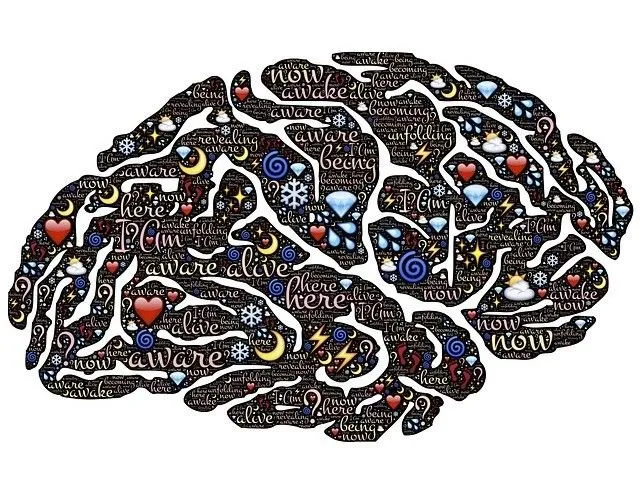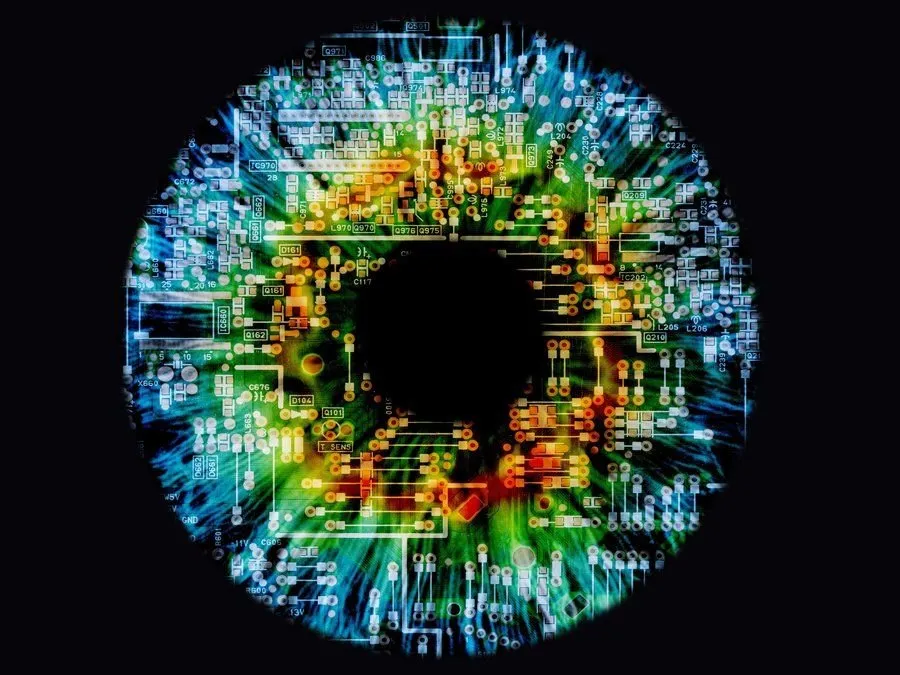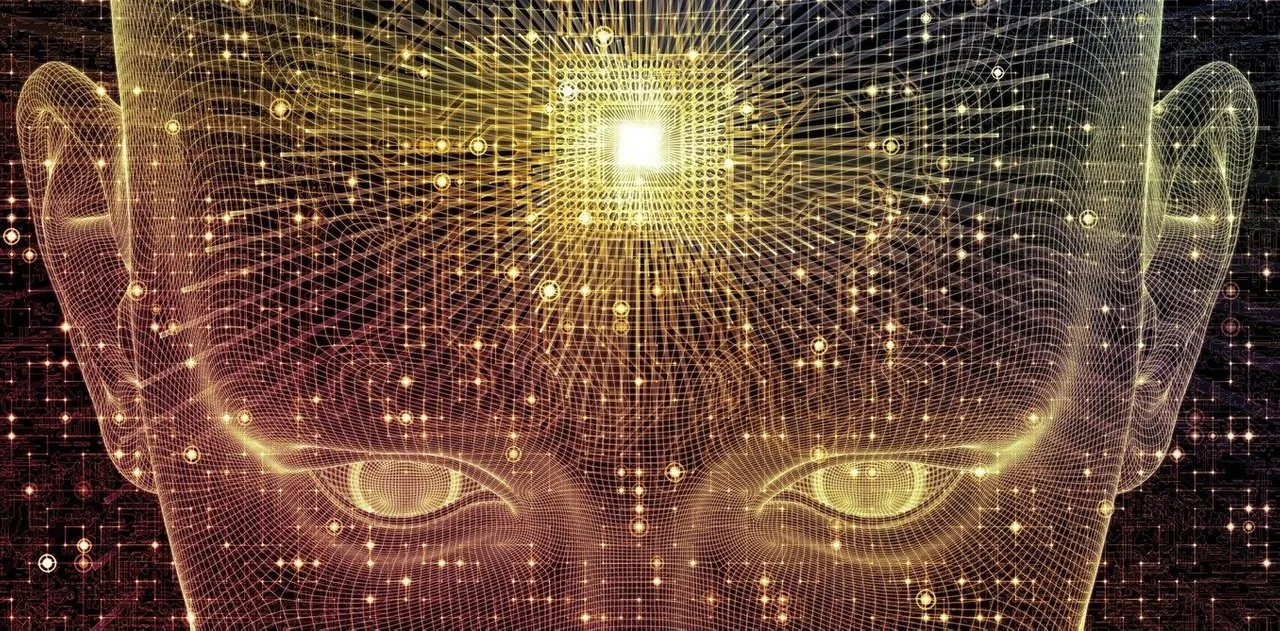This is a reply to @rachelsmantra's Why I am Skeptical About The Science of Consciousness. I make the case for optimism about the science of consciousness. Optimism: Every problem that is interesting is also soluble.
The Quest for Consciousness

Consciousness was once the domain of philosophers and poets. But now scientists are trying to study it empirically. In this post I'll explain why I'm optimistic of this succeeding.
The field of consciousness studies will never become a legitimate science until it has tools to measure consciousness accurately. Especially in "test cases" like the vegetative state, infants, sleep, non-human animals, and other cases that test the limits of consciousness.
But in order to measure something you have to know where to look. You wouldn't go looking for heat in the snow. To know where to look consciousness studies has to agree where to look.
- Some well-respected theorists believe only fully developed humans are conscious.
- Some well-respected theorists believe most animals including humans are conscious.
- Some well-respected theorists believe all life forms, even bacteria, are conscious.
- Some well-respected theorists believe inorganic matter can be conscious (panpsychism).
This makes it difficult to know what we are looking for. However, most can agree that we are talking about the subjective qualia of consciousness - what philosophers often call phenomenal consciousness, where there is a sense that there is "something-it-is-like" to be conscious.

Building a C-Meter
Surely a goal of consciousness studies is to build a consciousness-meter or C-Meter.
Building a C-Meter is not without difficulty. But without one, how can you have a science of consciousness? After all, the C-meter is what will allow you to distinguish between the test cases like the vegetative state, infants, sleep, non-human animals, and other cases that test the limits of consciousness.
What theory do you use to build it? Different theories of consciousness will instruct you how to build a C-Meter differently. Ideally a C-Meter should be able to measure anything and say whether and to what extent it is conscious.
So you've built your C-Meter. How do you confirm that it's working properly?
Typically you would try to find a "fixed point" akin to the boiling and freezing of water.
But with consciousness we only know a few fixed points with confidence because different fixed points are predicted by different theories and different theories interpret the existence evidence differently.
What we do know is that awake and dreaming humans are conscious, and most agree that medium-sized animals are conscious as well. We also know that the quality and complexity of consciousness varies in different human states (waking, dreaming, psychotic).
Thus we end up with a range of relatively agreed upon set of conscious states and their relative difference, as well as a few edge cases, like small animals, fetuses, or even insects and bacteria, as well as (soon enough) artificially intelligent entities.

Epistemological Certainty
We're trying to measure something that is inherently subjective. You can know directly that you are conscious, but not that I am. This means that we cannot measure it directly from the third person. Like all scientific objects, a theoretical understanding is needed to measure it indirectly.
But we don't know which theory is correct and different theories suggest different ways of measurement. We need a C-Meter that is universally accepted by the field of scientists studying consciousness to be a valid method of detecting consciousness.
There are as many theories of consciousness as there are people who study consciousness. Everyone has their own pet theory. Most theorists talk past each other and are engaged in more of a verbal debate than a substantial debate.

The Way Forward
The field of consciousness studies needs to stop with the verbal debates and get to producing theories that are bottom-up/rigorous instead of high-level/leaky theories of consciousness. The distinction is that the former kind should apply clearly and equally to any arbitrary cubic foot of space-time, and offer testable predictions at multiple levels of abstraction, whereas the latter may only apply to human sorts of minds in non-esoteric or edge-case scenarios. (Johnson, Principia Qualia)
Further, to make scientific progress we need to we solve the “Pretty Hard Problems” (Aaronson, Chalmers, and Griffith):
- PHP1: “Construct a theory that matches our intuitions about which systems are conscious.”
- PHP2: “Construct a theory that tells us which systems are conscious.”
- PHP3: “Construct a theory that tells us the magnitude of a system’s consciousness.”
- PHP4: “Construct a theory that tells us which systems have which states of consciousness.”
Instead of arguing about the metaphysical impossibility of understanding consciousness, or wallowing in the delusion that humans have some mystical soul that can never be captured by rigorous understanding we need a new understanding of consciousness.
The stakes could not be higher, with massive implications for progress in realms as disparate as spirituality, psychology, epistemology and morality, AI, and perhaps even physics.
References
https://steemit.com/psychology/@rachelsmantra/why-i-am-skeptical-about-the-science-of-consciousness
http://opentheory.net/PrincipiaQualia.pdf
https://www.scottaaronson.com/blog/?p=1799